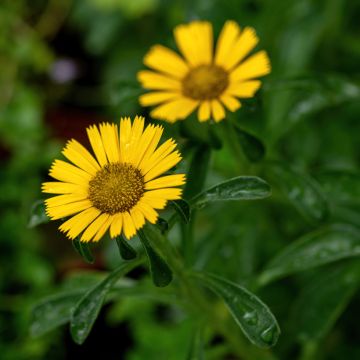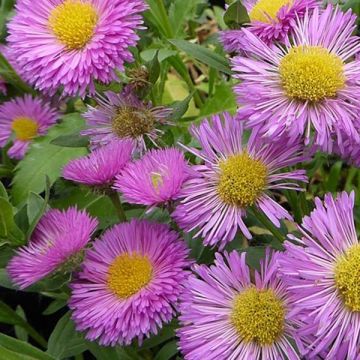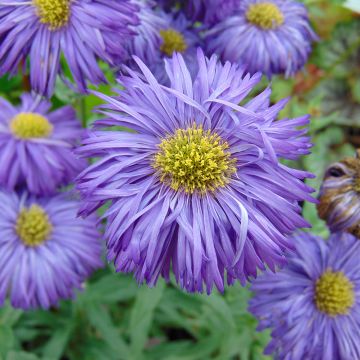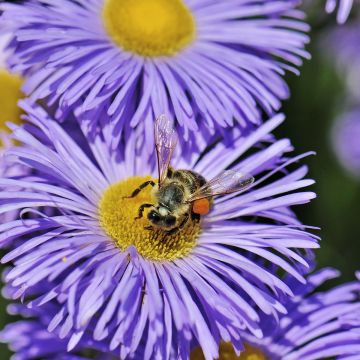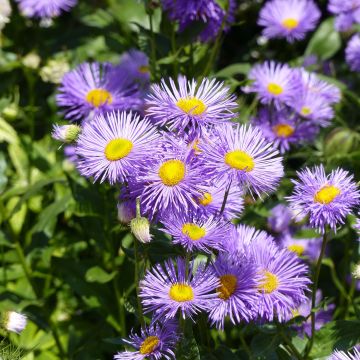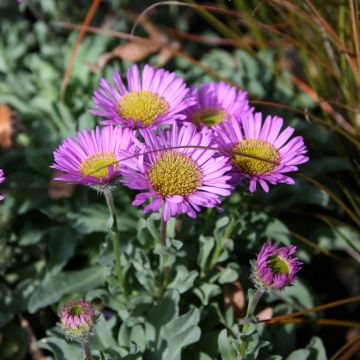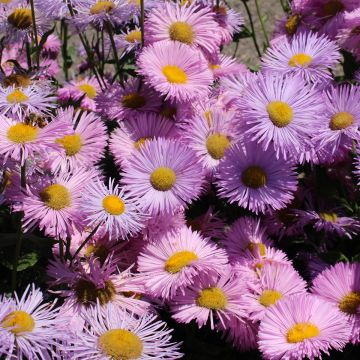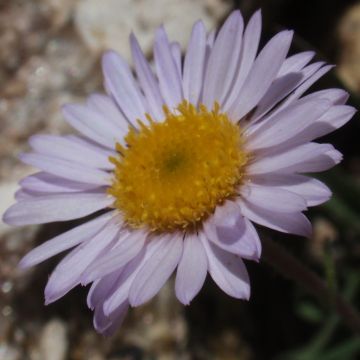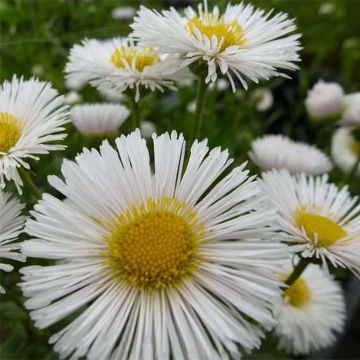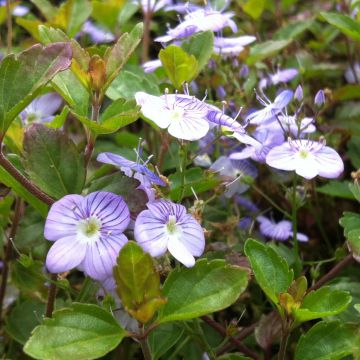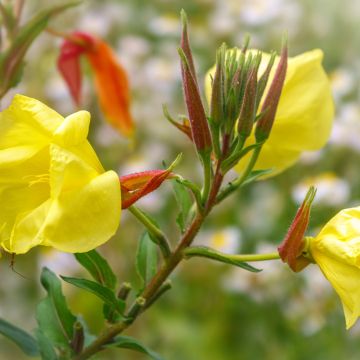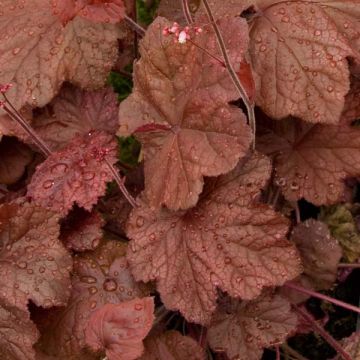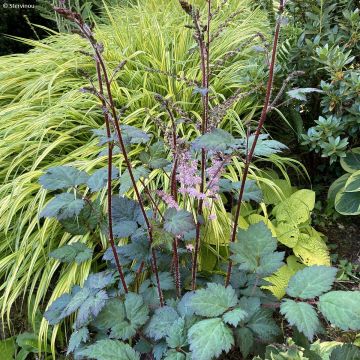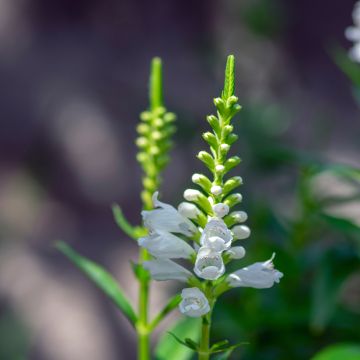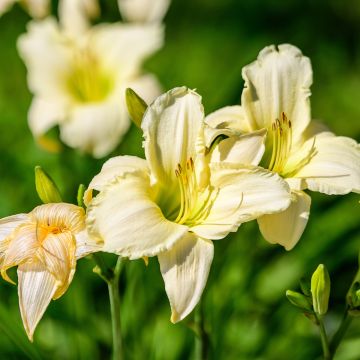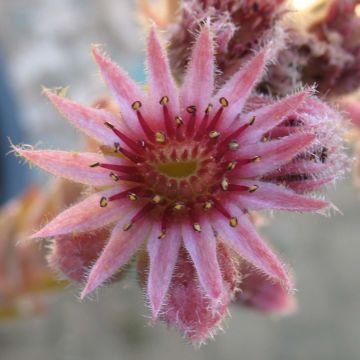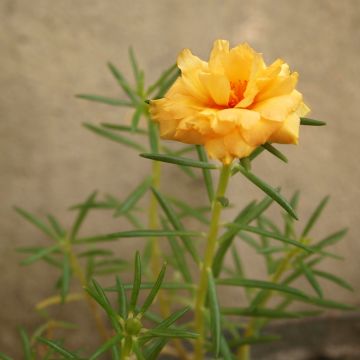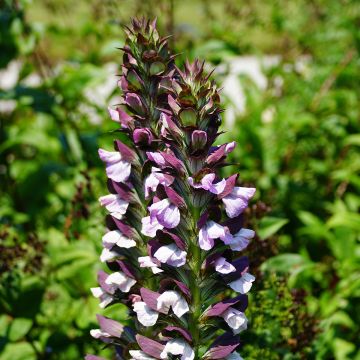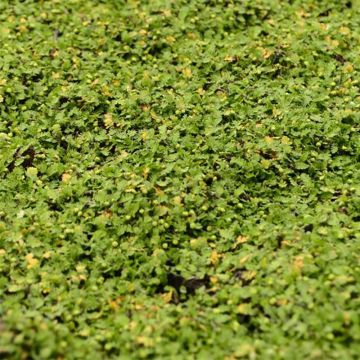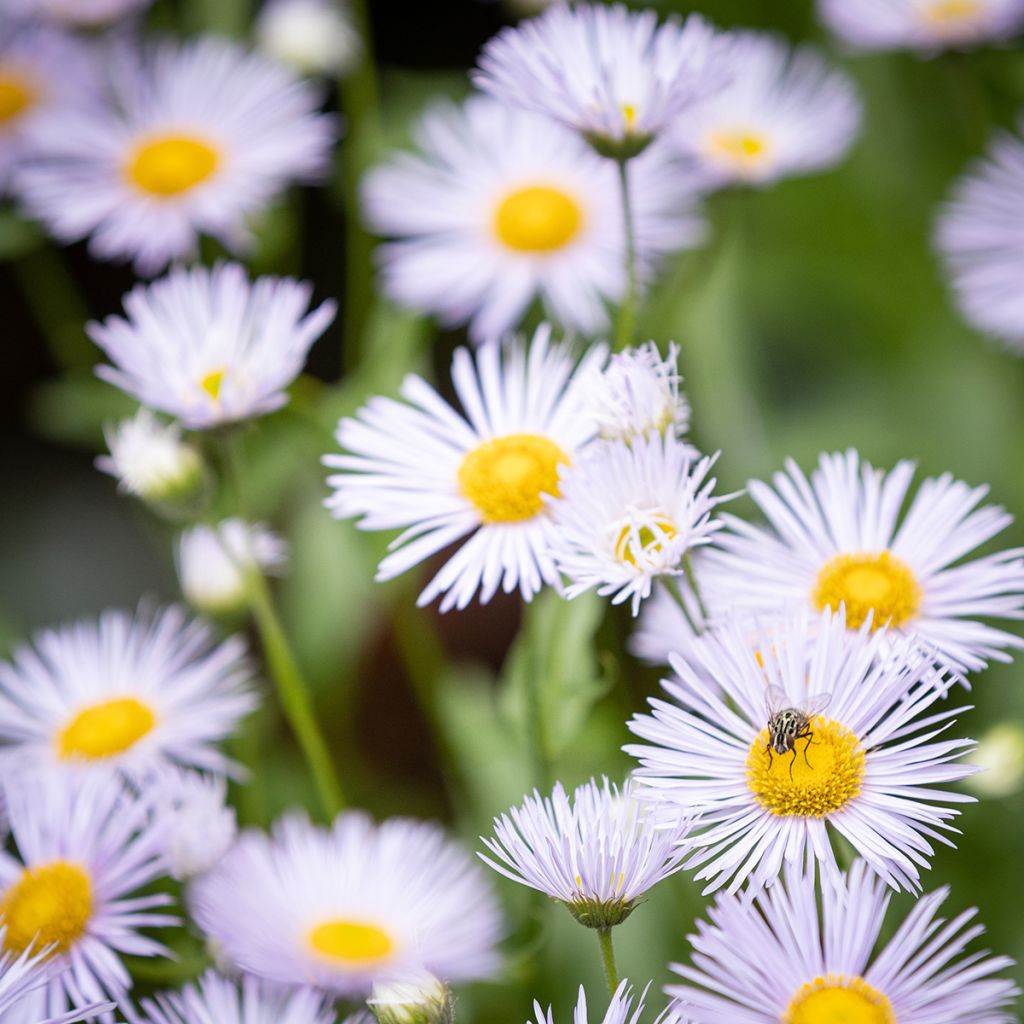

Erigeron speciosus Sommerneuschnee
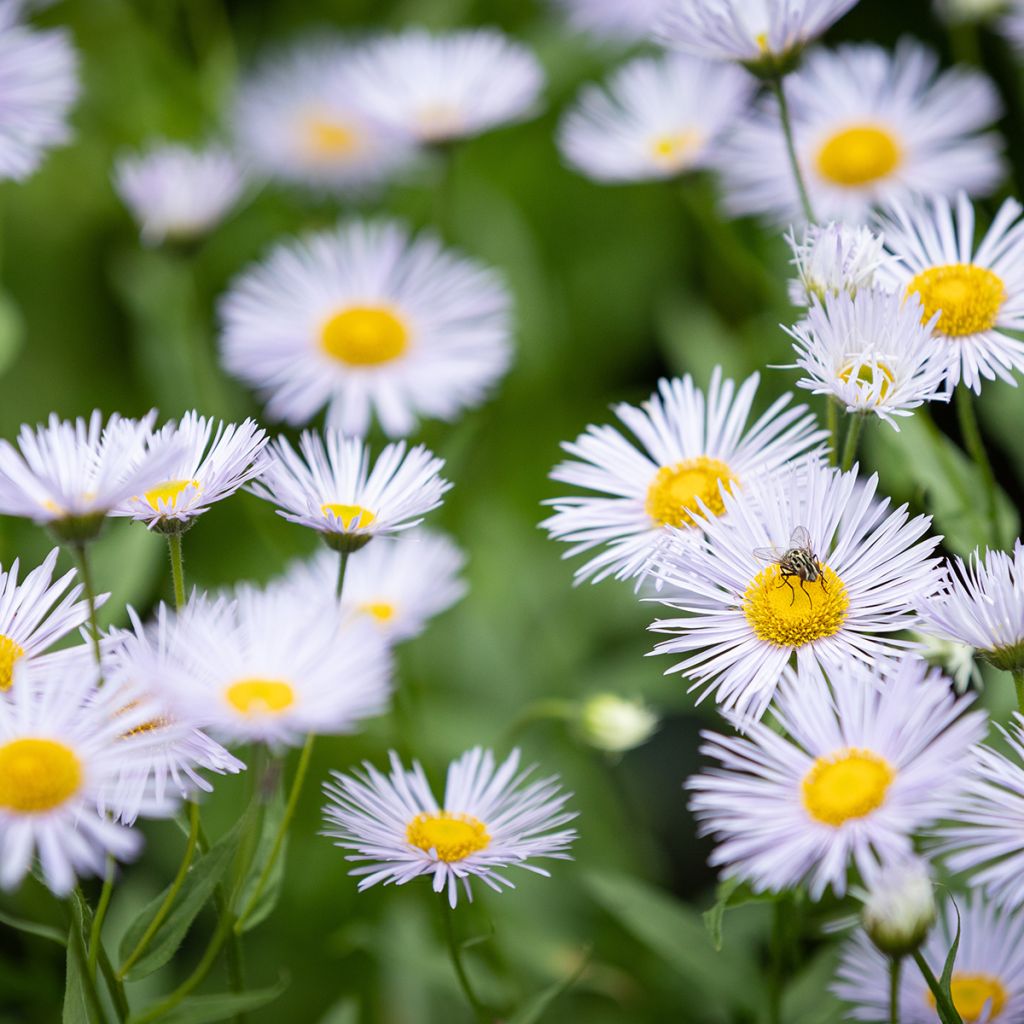

Erigeron speciosus Sommerneuschnee
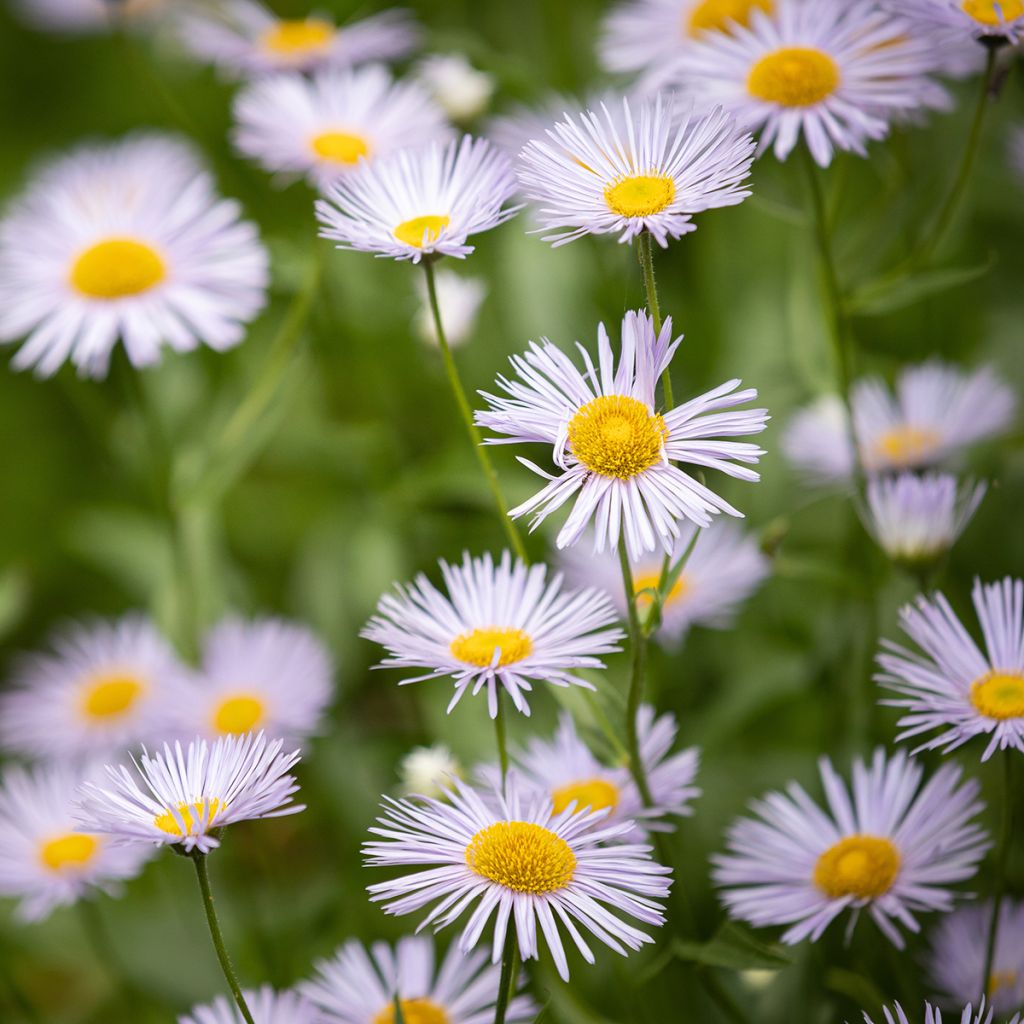

Erigeron speciosus Sommerneuschnee
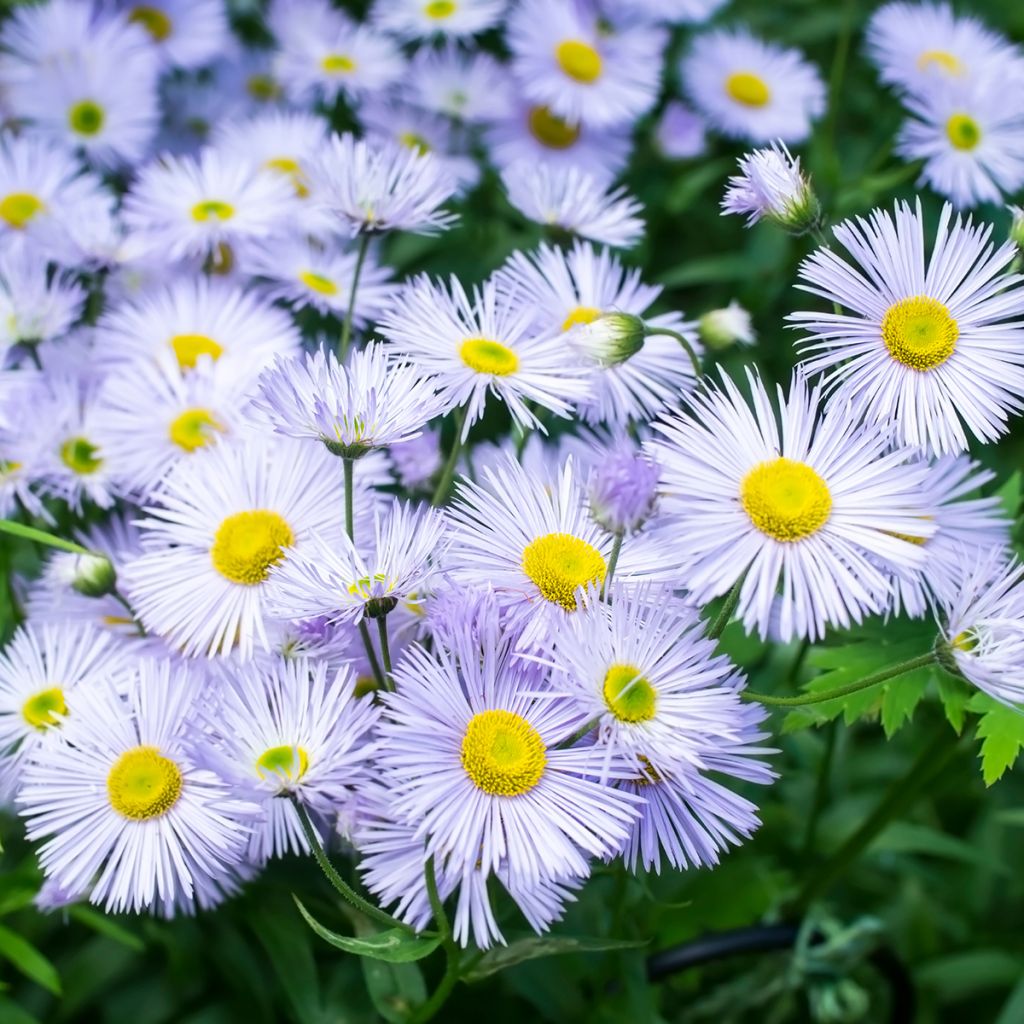

Erigeron speciosus Sommerneuschnee
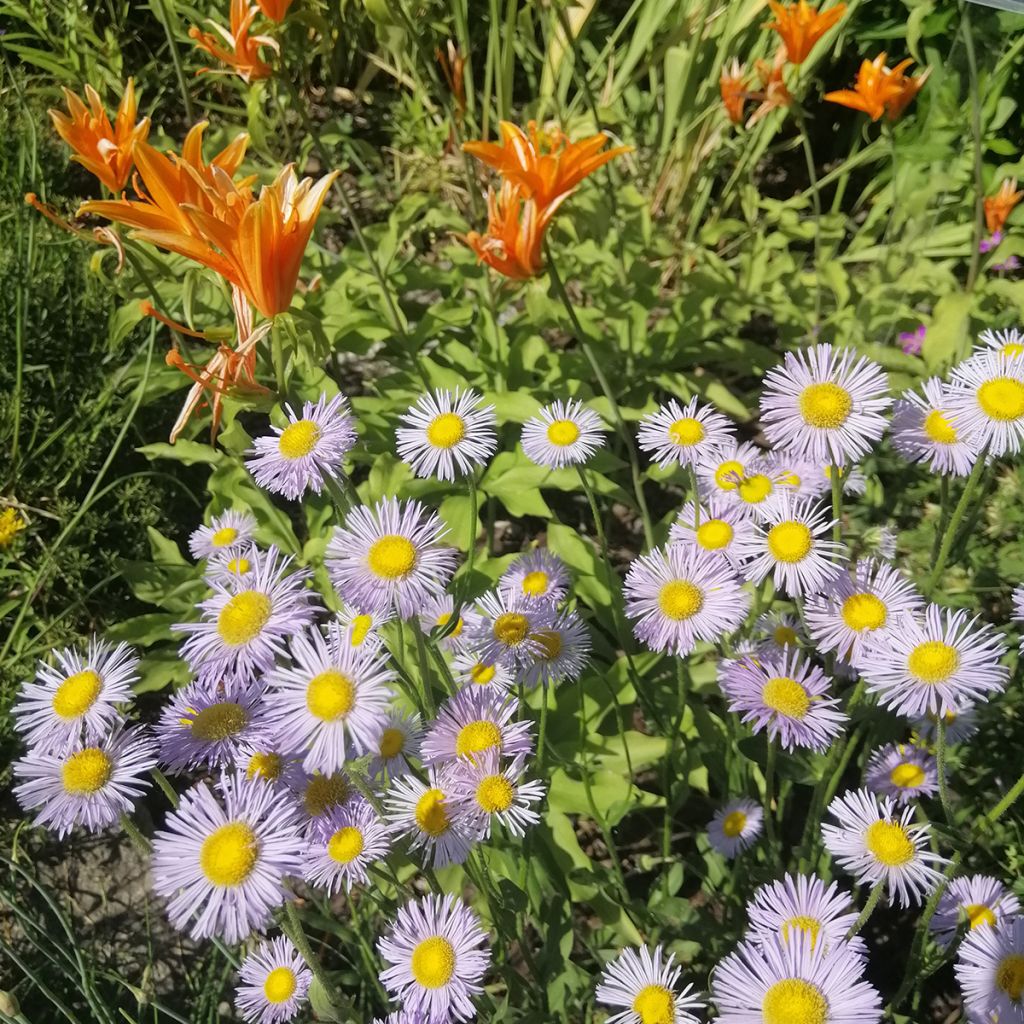

Erigeron speciosus Sommerneuschnee
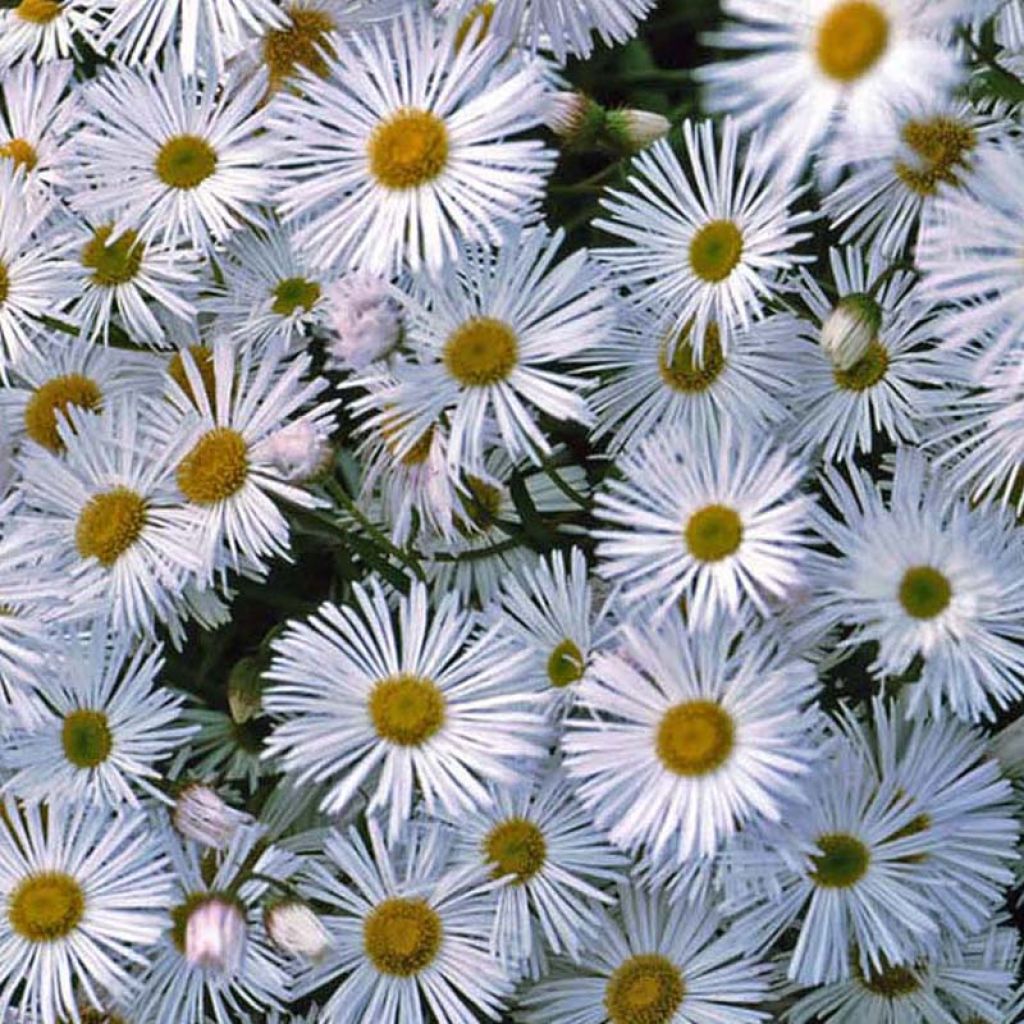

Erigeron speciosus Sommerneuschnee
Erigeron speciosus Sommerneuschnee
Erigeron speciosus Sommerneuschnee
Fleabane
This item cannot be shipped to the selected country
Delivery charge from €5.90
Delivery to Corse prohibited
More information
Schedule delivery date,
and select date in basket
This plant carries a 12 months recovery warranty
More information
We guarantee the quality of our plants for a full growing cycle, and will replace at our expense any plant that fails to recover under normal climatic and planting conditions.
From €5.90 for pickup delivery and €6.90 for home delivery
Express home delivery from €8.90.
Delivery to Corse prohibited: UE law prohibits the import of this plant from mainland France to Corse as part of the fight against Xylella fastidiosa. Please accept our sincere apologies.
More information
Does this plant fit my garden?
Set up your Plantfit profile →
Description
Erigeron 'Sommerneuschnee' is an old variety of California fleabane obtained in Germany in 1932, not widely available in catalogues. However, it is one of the most floriferous and vigorous varieties and an excellent perennial plant for gardens, which is very easy to integrate into wildflower beds. This fleabane quickly forms a small clump of matte green foliage from which flowers emerge in late spring and early summer. These tall, flexible stems are adorned with numerous flowers resembling daisies. They are white and take on a soft pale pink to lilac hue before fading. This cultivar reblooms in September-October. This fleabane has two or three requirements: a soil that stays moist, sunlight, and often staking.
Erigeron, commonly called fleabane, belongs to the Asteraceae family. Erigeron is native to the western part of North America, from western Canada to New Mexico. The cultivar 'Sommerneuschnee', which can be translated into English as "Summer Snow," is the result of hybridisation of this plant. It is a rhizomatous herbaceous perennial with a woody base, forming a clump that reaches a height of 50-60 cm (20-24in) when in bloom, with foliage measuring 20 cm (8in) and a width of approximately 40 cm (16in). It has deciduous foliage, with basal leaves that are matte green, measuring from 5 to 12 cm (2 to 5in). The leaves along the stems are short, narrow, and lanceolate to ovate. From June to July, and again in September-October, it offers a long and abundant flowering in the form of clusters composed of 4 to 20 flowers arranged at the top of the stems. Each 'flower' is an inflorescence in the form of a head, white with a yellow centre, measuring 4 to 5 cm (2in) in diameter, becoming pinkish over time. These flowers attract pollinators and are long-lasting on the plant as well as in a vase.
This Californian fleabane 'Sommerneuschnee', which is quite hardy, appreciates sunlight and well-drained ordinary soil. Similar to summer asters, it is also easy to grow and has the advantage of abundant and long-lasting flowering, even late in the season. It will therefore be welcome in sunny flower beds and borders, alongside wild perennials such as peach-leaved bellflower, dame's rocket, spike speedwell, wood sage, Peruvian lily for colour contrast, valerian, yarrow, and many others. A beautiful scene can be created in a white garden by associating it with Eremurus White Beauty Favourite, which is not too tall, or with white foxgloves, and white amplexicaul persicaria. Its flowers, when cut at full bloom, have a long vase life and will make splendid bouquets with peonies, delphiniums, or even roses.
Report an error about the product description
Erigeron speciosus Sommerneuschnee in pictures
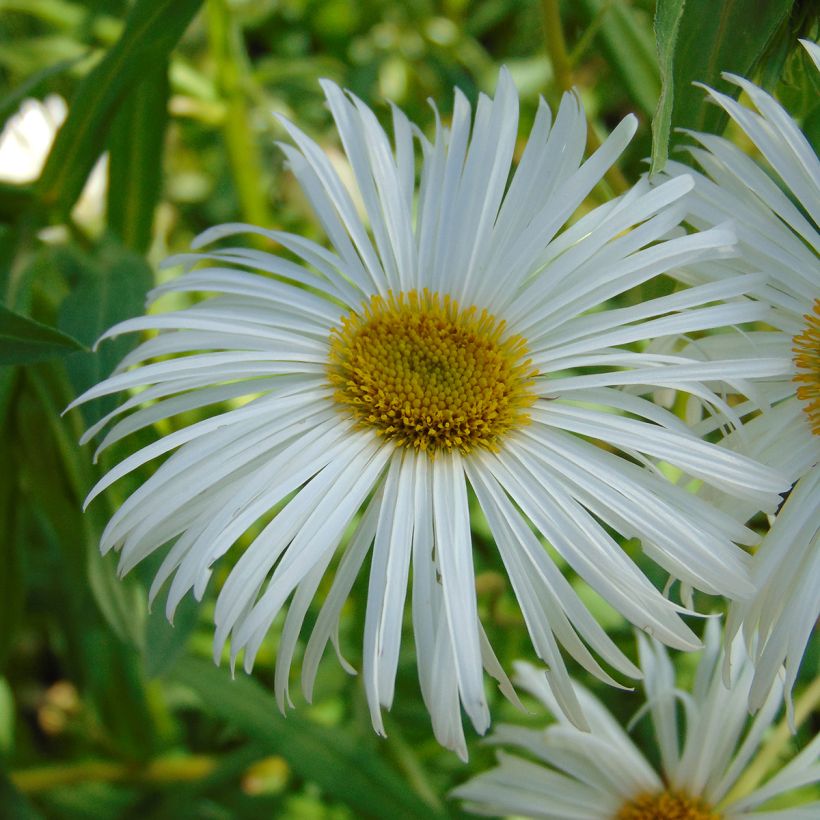

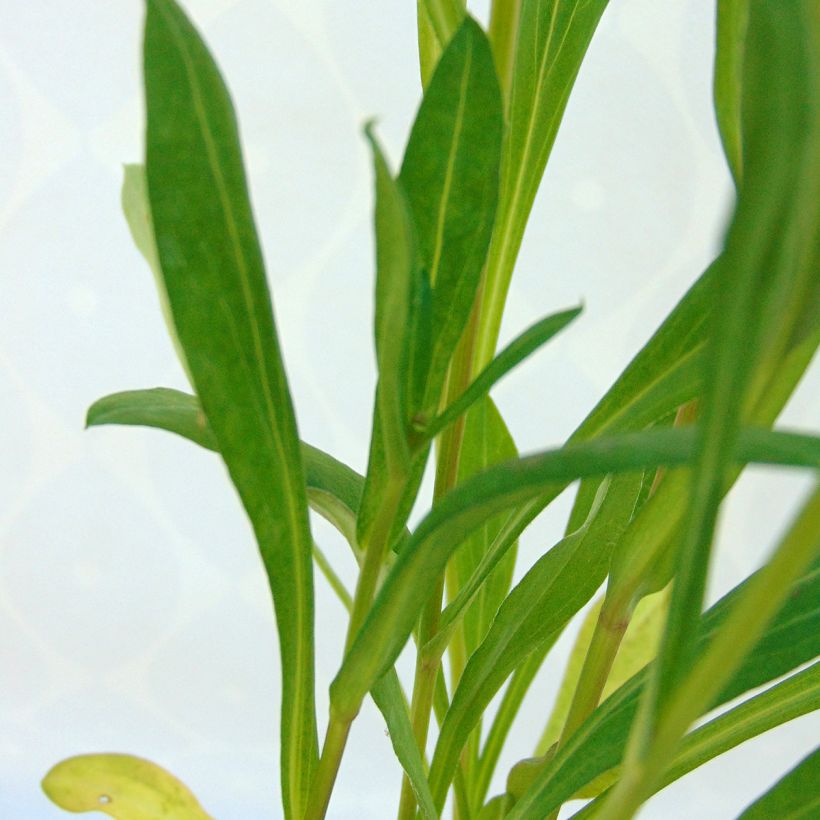



Flowering
Foliage
Plant habit
Botanical data
Erigeron
speciosus
Sommerneuschnee
Asteracées
Fleabane
Cultivar or hybrid
Other Erigeron - Fleabane
Planting and care
Erigeron speciosus, a very easy-to-grow plant in cool soil and requiring little maintenance, is very hardy, tolerating temperatures well below -15°C (5°F). It thrives in the sun, in a light, well-drained soil, not too dry in summer. It accepts poor and calcareous soils. Ideally, a rather fertile, sandy and humus-rich soil is preferred, which does not completely dry out in summer. Planting should be done in spring, outside the freezing period, or in autumn. It is important to ensure a slight constant moisture in the soil during the planting and growth period. Well-established plants tolerate occasional drought, but it will affect the abundance of flowering. Remove faded inflorescences to encourage continued flowering. In autumn, prune the stems to ground level to maintain a beautiful shape and vigorous growth. Do not hesitate to divide the clump regularly, every two or three years in May, to prevent aging and maintain an exceptionally floriferous plant. Very resistant to diseases, this erigeron can still be attacked by powdery mildew in summer, during excessively dry and hot weather.
Planting period
Intended location
Care
-
, onOrder confirmed
Reply from on Promesse de fleurs
Summer flowering perennials
Haven't found what you were looking for?
Hardiness is the lowest winter temperature a plant can endure without suffering serious damage or even dying. However, hardiness is affected by location (a sheltered area, such as a patio), protection (winter cover) and soil type (hardiness is improved by well-drained soil).

Photo Sharing Terms & Conditions
In order to encourage gardeners to interact and share their experiences, Promesse de fleurs offers various media enabling content to be uploaded onto its Site - in particular via the ‘Photo sharing’ module.
The User agrees to refrain from:
- Posting any content that is illegal, prejudicial, insulting, racist, inciteful to hatred, revisionist, contrary to public decency, that infringes on privacy or on the privacy rights of third parties, in particular the publicity rights of persons and goods, intellectual property rights, or the right to privacy.
- Submitting content on behalf of a third party;
- Impersonate the identity of a third party and/or publish any personal information about a third party;
In general, the User undertakes to refrain from any unethical behaviour.
All Content (in particular text, comments, files, images, photos, videos, creative works, etc.), which may be subject to property or intellectual property rights, image or other private rights, shall remain the property of the User, subject to the limited rights granted by the terms of the licence granted by Promesse de fleurs as stated below. Users are at liberty to publish or not to publish such Content on the Site, notably via the ‘Photo Sharing’ facility, and accept that this Content shall be made public and freely accessible, notably on the Internet.
Users further acknowledge, undertake to have ,and guarantee that they hold all necessary rights and permissions to publish such material on the Site, in particular with regard to the legislation in force pertaining to any privacy, property, intellectual property, image, or contractual rights, or rights of any other nature. By publishing such Content on the Site, Users acknowledge accepting full liability as publishers of the Content within the meaning of the law, and grant Promesse de fleurs, free of charge, an inclusive, worldwide licence for the said Content for the entire duration of its publication, including all reproduction, representation, up/downloading, displaying, performing, transmission, and storage rights.
Users also grant permission for their name to be linked to the Content and accept that this link may not always be made available.
By engaging in posting material, Users consent to their Content becoming automatically accessible on the Internet, in particular on other sites and/or blogs and/or web pages of the Promesse de fleurs site, including in particular social pages and the Promesse de fleurs catalogue.
Users may secure the removal of entrusted content free of charge by issuing a simple request via our contact form.
The flowering period indicated on our website applies to countries and regions located in USDA zone 8 (France, the United Kingdom, Ireland, the Netherlands, etc.)
It will vary according to where you live:
- In zones 9 to 10 (Italy, Spain, Greece, etc.), flowering will occur about 2 to 4 weeks earlier.
- In zones 6 to 7 (Germany, Poland, Slovenia, and lower mountainous regions), flowering will be delayed by 2 to 3 weeks.
- In zone 5 (Central Europe, Scandinavia), blooming will be delayed by 3 to 5 weeks.
In temperate climates, pruning of spring-flowering shrubs (forsythia, spireas, etc.) should be done just after flowering.
Pruning of summer-flowering shrubs (Indian Lilac, Perovskia, etc.) can be done in winter or spring.
In cold regions as well as with frost-sensitive plants, avoid pruning too early when severe frosts may still occur.
The planting period indicated on our website applies to countries and regions located in USDA zone 8 (France, United Kingdom, Ireland, Netherlands).
It will vary according to where you live:
- In Mediterranean zones (Marseille, Madrid, Milan, etc.), autumn and winter are the best planting periods.
- In continental zones (Strasbourg, Munich, Vienna, etc.), delay planting by 2 to 3 weeks in spring and bring it forward by 2 to 4 weeks in autumn.
- In mountainous regions (the Alps, Pyrenees, Carpathians, etc.), it is best to plant in late spring (May-June) or late summer (August-September).
The harvesting period indicated on our website applies to countries and regions in USDA zone 8 (France, England, Ireland, the Netherlands).
In colder areas (Scandinavia, Poland, Austria...) fruit and vegetable harvests are likely to be delayed by 3-4 weeks.
In warmer areas (Italy, Spain, Greece, etc.), harvesting will probably take place earlier, depending on weather conditions.
The sowing periods indicated on our website apply to countries and regions within USDA Zone 8 (France, UK, Ireland, Netherlands).
In colder areas (Scandinavia, Poland, Austria...), delay any outdoor sowing by 3-4 weeks, or sow under glass.
In warmer climes (Italy, Spain, Greece, etc.), bring outdoor sowing forward by a few weeks.

































